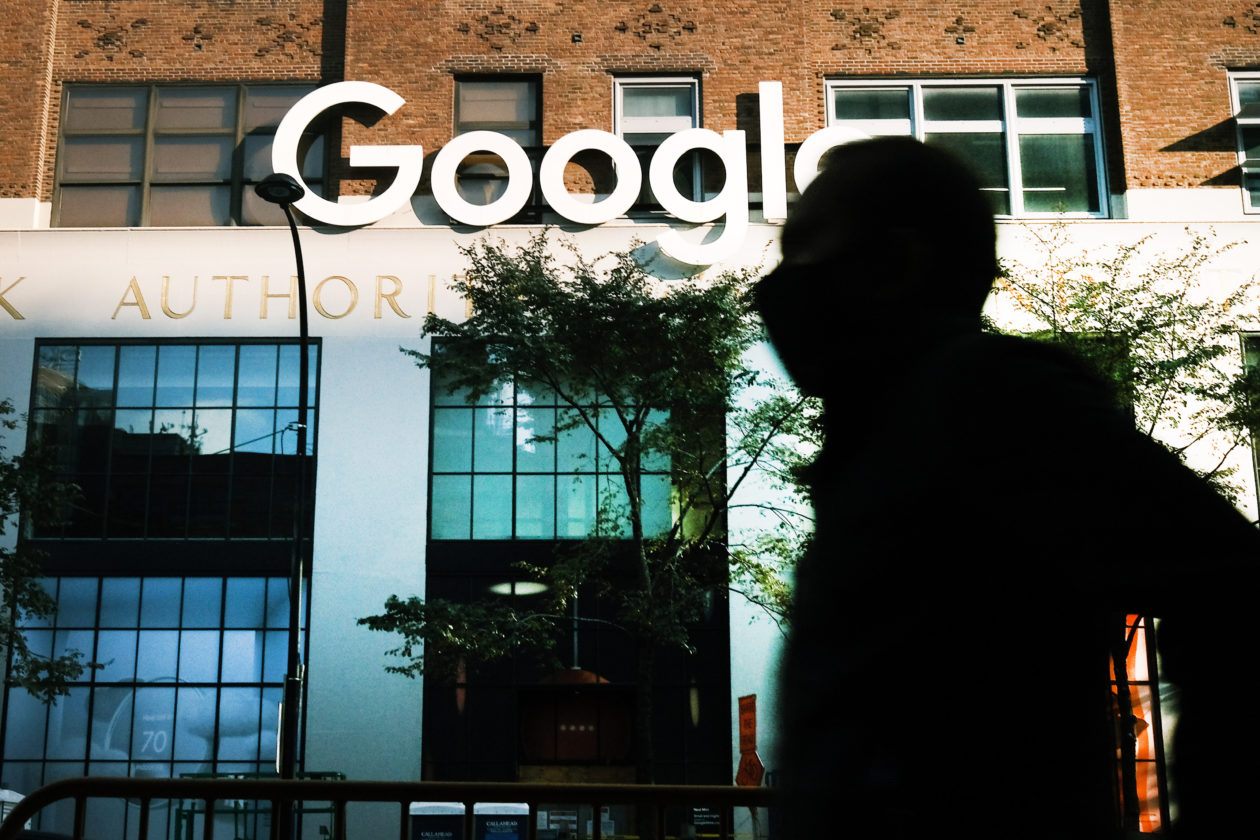A much-anticipated update to Google’s advertising policy went into effect this week, changing the tech giant’s rules for how it handles advertising for cryptocurrency-related businesses and services in the United States. . ”, Which included initial coin offerings, crypto exchanges, wallets, and all crypto trading advice.
On August 3, those restrictions were relaxed, allowing advertisements for “cryptocurrency exchanges and wallets” targeting the United States, provided certain conditions are met. Advertisers must be registered with the Financial Crimes Enforcement Network or a federally or state chartered banking entity, and comply with jurisdictional legal requirements and standard Google advertising policies. They must also reapply for advertising certification with Google, as certifications prior to 2018 have been revoked.
Industry reaction
Google said in a statement when it announced the changes in June that it was making the change to “better match existing FinCEN regulations and requirements.” The move has been widely welcomed by the crypto industry, particularly in the United States, as a sign that the industry is maturing.
“The news that Google is allowing crypto ads in the United States is certainly encouraging,” said Justin D’Anethan, exchange sales manager at Eqonex, the Singapore-based crypto exchange. “This definitely sends a signal that there is interest, whether from retail or multiple participating companies, for crypto. And so Google wants to get some of it and at least allow some of the participants to advertise it.
However, restrictions remain on certain parts of the industry. Advertising “initial coin offers, [decentralized finance] trading protocols, or otherwise promoting the buying, selling or trading of cryptocurrencies or related products “remains prohibited, as does advertising for” destinations that aggregate or compare issuers of cryptocurrencies or related products “.
As currently drafted, Google’s new policy allows ads for crypto exchanges and wallets, but leaves restrictions in place on other crypto-related projects. The distinction is already frustrating for providers of other crypto services that don’t fit into one of these categories.
Two-tier system
“The new regulations appear to ban the advertising of legitimate cryptocurrency projects that have several years of experience, but allow any exchange to promote themselves,” said Jeremy Britton, CFO of Boston Trading Co., a diversified crypto fund. .
Britton said the decision to keep the ICO ban in place was a good move, pointing out how historically, according to a report released shortly after the 2018 boom, 92% of ICOs never reached trading on various crypto exchanges. He said, however, that the distinction between exchanges and wallets on the one hand, and the rest of the industry on the other, risks creating a two-tiered support system that would favor one group over the other. .
“Obviously, we are not in favor of a move that bans the shadow of good crypto projects that should be easily distinguishable from scams,” he said.
Google’s decision to update its policy comes as US regulators increasingly focus on regulating crypto. Forkast. News reported this week that the chairman of the United States Securities and Exchange Commission, Gary Gensler, has described the crypto industry as the “Wild West” and called on Congress to grant his agency additional powers for the regulate.
Additionally, a landmark $ 1,000 billion infrastructure bill currently being debated in the US Senate seeks to raise $ 28 billion through the crypto industry for its execution. Although several amendments have been proposed to narrow the scope of its application to the crypto industry, it is nevertheless a significant new attempt to tax the crypto industry.
“As the United States focuses more on crypto, from a regulatory standpoint, the clearer guidelines have likely made Google feel more comfortable allowing certain activities of advertisers, on their platform. form, ”said Tanya Xu, business development manager of the Celsius crypto platform. , suggesting that Google’s decision may just be the start of a new approach from traditional players to the industry.
She said: “It will be interesting to see if other countries follow suit, and if other platforms – perhaps social media this time around – start to be more lenient with crypto players as well. “

